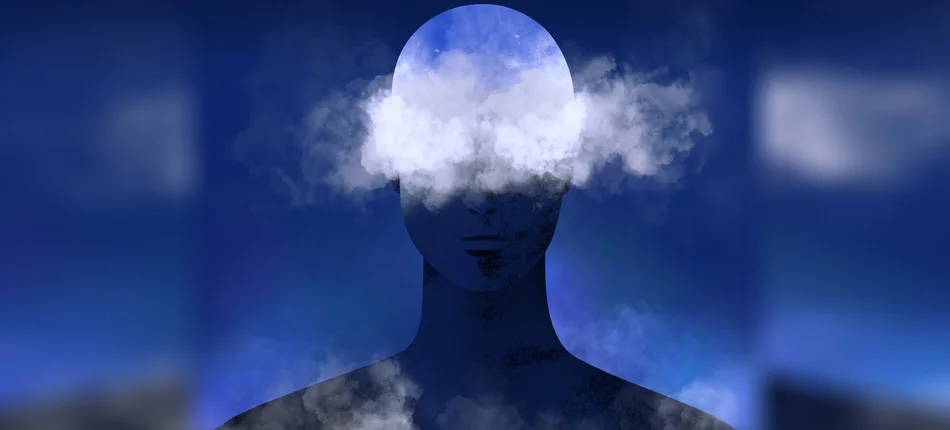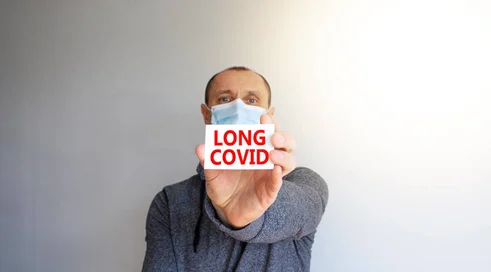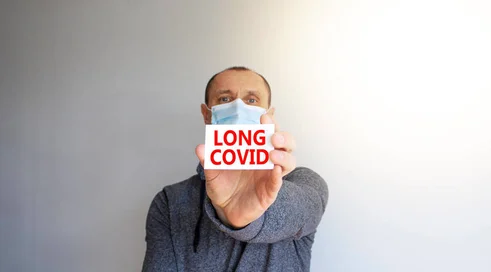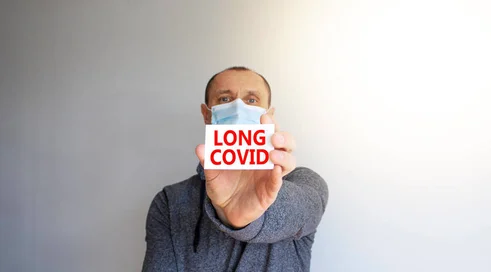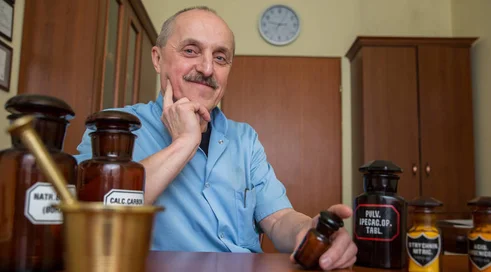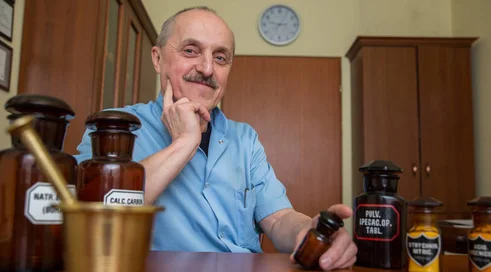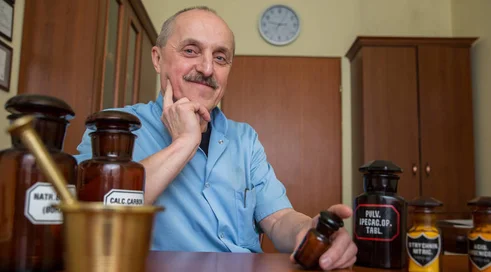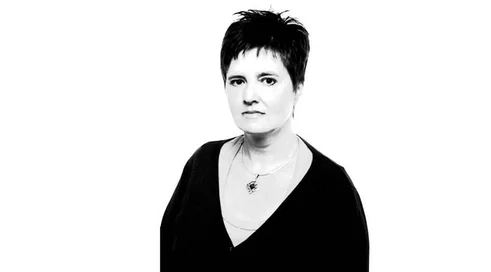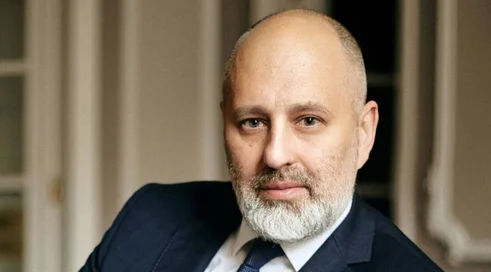How can we treat the "brain fog" (brain fog) that some patients experience after surviving COVID-19? At the outset, it is worth clarifying what is meant by the term "brain fog." The term is used to describe a range of symptoms concerning cognitive impairment of varying severity.
Although brain fog is not a symptom that occurs only after COVID-19 (it can occur in Hashimoto's disease, for example), it has been officially identified as a symptom of what is known as long-COVID, or long COVID-19, also known as the "tail of the disease." Thus, this is the recovery period in which people, after experiencing symptoms of an infection, experience many persistent symptoms during the recovery period for weeks or months after becoming ill.
Brain fog can be distressing for a patient, as it can affect our daily functioning. In my practice, I have dealt with many people struggling with brain fog problems for up to 12 months after having the disease. I will never forget a young girl, a student, who told during a medical appointment how she spent half a day looking for her smartphone, which, as it later turned out, for unknown reasons, she had previously hidden in the refrigerator. Many people complain that single words escape them, they can't recall the name of an object, the name of a person they've known for years, or they call the TV - a stove, although in a moment they catch themselves on what they just said strangely. Brain fog can range in severity from mild concentration impairment to moments when my patients did not understand simple commands given to them by a supervisor or lecturer. The second of the "stronger" examples from my practice was a girl who, in a remote class, when talking to her teacher, had the impression that the teacher was speaking to her in a foreign language from which she could not understand anything. I also had among my patients several accounting ladies who caught themselves at one point not understanding what they had just generated in the program they were using. Unfortunately, such symptoms are often accompanied by anxiety, which is related to the risk of not doing well at university or losing one's job as a result of cognitive decline. People-fearful of the symptoms they experience-often become depressed, which can further exacerbate brain fog symptoms.
Fortunately, all of my patients, thanks to the treatment given, have returned to their previous intellectual performance.
In order to effectively help patients, it is extremely important to understand the causes and mechanisms in which symptoms of cognitive dysfunction arise after SARS coronavirus CoV-2 infection. Unfortunately, at present, the exact causes and mechanisms of brain fog after COVID-19 are not fully understood. Yet we already know quite a bit and enough to make effective attempts to treat the disorder.
Some researchers suggest that brain fog can be caused by inflammation of the nerves, damage to the microcirculation in the central nervous system, a mild form of encephalitis, or even loss of gray matter, or brainstem dysfunction.
Interestingly, there are other theories as well. For example, one study found that brain fog after COVID-19 could be caused by an immune system response, even without the presence of the virus, but which the virus initiated. However, further research is needed to fully understand the mechanisms underlying brain fog after COVID-19.
While brain fog after COVID-19 can be a persistent symptom for some people, especially those previ...
Content locked
To gain access to the complete English section of the Medexpress.pl, kindly reach out to us at [email protected].





